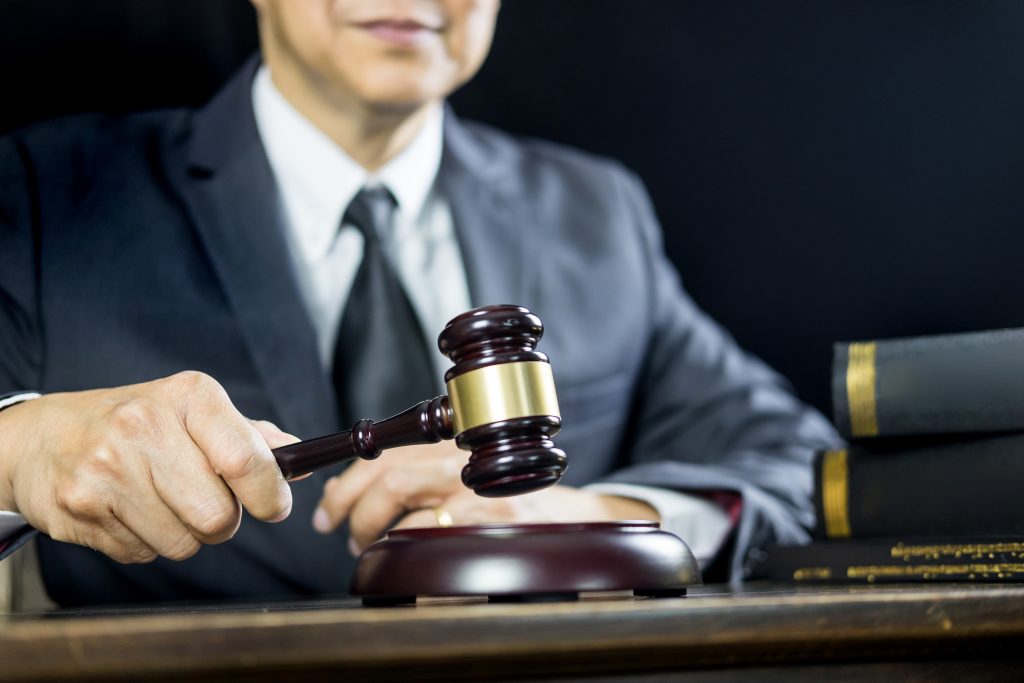Extradition is the procedure for moving a person from one jurisdiction, like a state, to another to face criminal charges. Every state has its own extradition laws, and there are also international extradition procedures for extraditing someone from the United States to another country.
In most cases, these processes involve going through an extradition hearing and other procedures laid out by law. What does it mean to waive extradition? A waiver of extradition occurs when the person in question agrees to waive their right to an extradition hearing or any other related procedural protections within the laws of that state or country.
Waiving extradition may be a strategic step in a criminal defense plan. However, as with any other step after you’ve been accused of or charged with a crime, it’s one you might not want to make without consulting an experienced criminal defense lawyer. A lawyer can help you understand the pros and cons of waiving extradition and how the choice might impact your specific situation.
Are There Any Benefits of Waiving Extradition?
One potential benefit of waiving extradition is that it can demonstrate an attitude of cooperation. In some cases, you may be able to agree to waive extradition in exchange for consideration of reduced charges or a lesser sentence. This is not an automatic assumption you should make, though, and having a criminal defense attorney on your side through such negotiations can be valuable to supporting an increased chance of a positive outcome.

Another reason someone might want to waive extradition is to remove steps from the process and speed things up. They simply may want to avoid the frustration and potential expenses associated with an extradition hearing and other steps, especially if they’ve had counsel from an attorney that they are likely to lose any fight against extradition.
What Are the Downsides of Waiving Extradition?
While potential benefits do exist, there might also be downsides to waiving extradition. Doing so waives your rights to certain procedural protections under the law. It’s also possible that you may not be eligible for bail or delay your eligibility for it, resulting in you being held in custody for longer while you’re transferred to the requesting jurisdiction and processed.

In some cases, waiving extradition and allowing the authorities to transfer you back to the requesting jurisdiction may impede your ability to make a case that you weren’t running from charges. It removes your ability to travel back to the jurisdiction on your own, if possible, and fight criminal charges more on your own terms.
Should You Waive Extradition?
Whether or not you should waive extradition is something you have to decide for yourself. Working with an experienced criminal defense attorney in New Jersey can help you understand how New Jersey’s laws might impact your case if you waive extradition.
New Jersey Laws About Extradition
New Jersey’s laws about extradition are complex and include a lot of provisions meant to protect people who are being brought back to the state to face criminal charges.
For example, you may be protected by temporary immunity from certain civil actions based on the same facts associated with the criminal case. Whether you go through the regular extradition process or waive extradition, this protection keeps you from being served in certain civil actions until either you’re convicted or you’re acquitted and have time to return to the state you were in before extradition.

New Jersey laws also dictate what power the governor or other authorities in the state have to demand extradition of someone being charged with a crime in the state or surrender someone who is being charged in another jurisdiction. It’s possible that you can be extradited even if you are innocent, leading to you facing criminal charges in another jurisdiction. Ensuring you have a good strategy for doing so by speaking with a criminal defense attorney as soon as possible can provide you some peace of mind and help increase the chances of a positive outcome throughout the extradition process.
Consult With a Criminal Defense Attorney Before Making Major Decisions About Your Case
The procedure for waiving extradition can vary by jurisdiction, but it does involve formal legal documentation—and agreeing to waive your rights in front of a judge. The court typically works to ensure you are making this decision willingly and that you do know all your options. That’s because a waiver of extradition agreed to under duress will not be considered valid.
Consulting with a team of former prosecutors first helps ensure you understand all your options and can make the right decision for your case. If you and your attorney believe that waiving extradition has more potential benefits for your situation than disadvantages, you can complete the consent and the governor or other appropriate authorities will manage your transfer to the other jurisdiction.
Once you’re transferred to the requesting state or jurisdiction, you go through its criminal justice process. Having a criminal defense strategy lined up before you get there can help you make decisions throughout that process. If you’re facing criminal charges or a potential extradition, contact the criminal defense lawyers at the Bianchi Law Group, today to find out how we can help.











